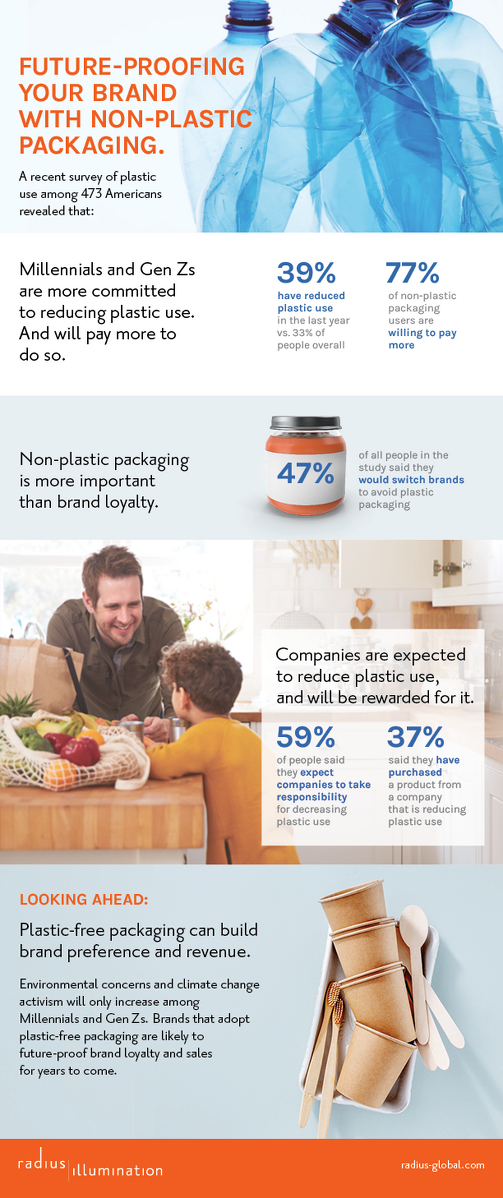
Many of our clients are leaders in categories that use plastic packaging, from food and beverage to beauty and cleaning products. Customers are becoming increasingly concerned about the impact of plastic waste on the environment, and are seeking ways to join the plastic-free movement.
Brands in these categories naturally want to understand how far customers are willing to go to reduce plastic waste by changing their preferences and behaviors. To help our clients understand attitudes and trends around single-use plastic products, we conducted a survey among 473 customers using voice-activated smart devices such as Alexa and Google Home.
Voice-activated devices connect to customers in their home environment, where they may be better able to focus on their consumption behaviors. This format also allows customers to answer questions in free form, allowing us to hear first-hand their thoughts. This solution is ideal for focus on behaviors primarily found in the home such as plastics use. Our short, 5-minute survey contained up to 20 questions, depending on if the customer had indeed decreased their plastics use.
We conducted this plastics survey prior to the COVID-19 outbreak. The lasting effects of this current situation on the sustainability attitudes and behaviors of customers is still to be seen. But we believe customers in the long run, especially Millennials and Gen Zs will seek greener alternatives and corporate responsibility in this area.
View the survey infographic:

Learn more about our voice-activated ConnectLive solution.
Stay on top of the latest marketing trends and innovative insights approaches.